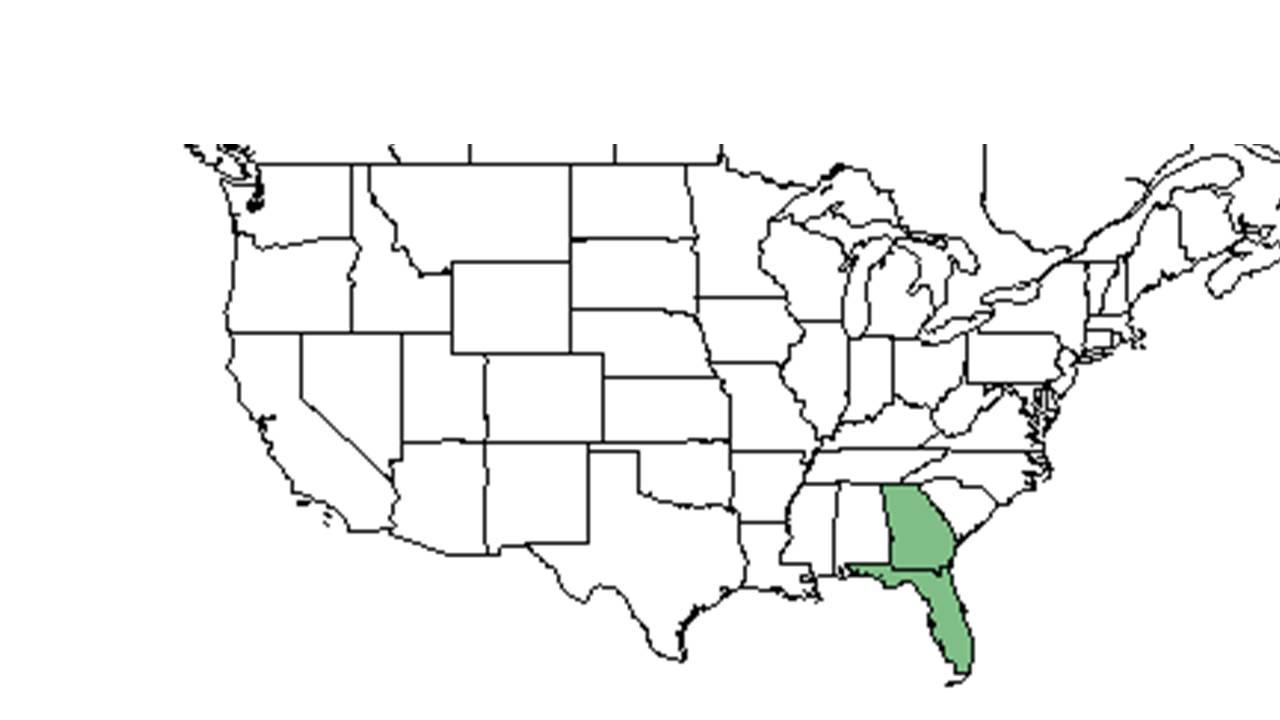Difference between revisions of "Hypericum tetrapetalum"
Ruthstetler (talk | contribs) |
Ruthstetler (talk | contribs) |
||
| Line 26: | Line 26: | ||
==Ecology== | ==Ecology== | ||
===Habitat=== <!--Natural communities, human disturbed habitats, topography, hydrology, soils, light, fire regime requirements for removal of competition, etc.--> | ===Habitat=== <!--Natural communities, human disturbed habitats, topography, hydrology, soils, light, fire regime requirements for removal of competition, etc.--> | ||
| + | ''H. tetrapetalum'' occurs in wet sandy soils, like those of wetland woodlands, mesic flatwoods, or the margins of Karst ponds (FSU Herbarium). It can also occur in disturbed areas like roadsides (FSU Herbarium). | ||
| + | |||
===Phenology=== <!--Timing off flowering, fruiting, seed dispersal, and environmental triggers. Cite PanFlora website if appropriate: http://www.gilnelson.com/PanFlora/ --> | ===Phenology=== <!--Timing off flowering, fruiting, seed dispersal, and environmental triggers. Cite PanFlora website if appropriate: http://www.gilnelson.com/PanFlora/ --> | ||
This species has been observed flowering in August (FSU Herbarium). | This species has been observed flowering in August (FSU Herbarium). | ||
Revision as of 18:50, 20 July 2015
| Hypericum tetrapetalum | |
|---|---|

| |
| Scientific classification | |
| Kingdom: | Plantae |
| Division: | Magnoliophyta - Flowering plants |
| Class: | Magnoliopsida – Dicotyledons |
| Order: | Theales |
| Family: | Clusiaceae ⁄ Guttiferae |
| Genus: | Hypericum |
| Species: | H. tetrapetalum |
| Binomial name | |
| Hypericum tetrapetalum (L.) Crantz | |

| |
| Natural range of Hypericum tetrapetalum from USDA NRCS Plants Database. | |
Contents
Description
Common Name: fourpetal St. Johnswort
H. tetrapetalum is a slender plant, usually with few branchings (FSU Herbarium). As its name implies, this species has a tetramerous calyx and corolla (FSU Herbarium).
Distribution
Ecology
Habitat
H. tetrapetalum occurs in wet sandy soils, like those of wetland woodlands, mesic flatwoods, or the margins of Karst ponds (FSU Herbarium). It can also occur in disturbed areas like roadsides (FSU Herbarium).
Phenology
This species has been observed flowering in August (FSU Herbarium).
Seed dispersal
Seed bank and germination
Fire ecology
Pollination
Mark Deyrup at Archbold Biological Station observed these Hymenoptera species on Hypericum tetrapetalum
Halictidae: Augochlorella aurata
Halictidae: Augochloropsis metallica
Halictidae: Lasioglossum coreopsis
Halictidae: Lasioglossum miniatulus
Megachilidae: Megachile brevis pseudobrevis
Use by animals
Deyrup observed these bees, Augochlorella aurata, Dialictzcs coreopsis, D. lniniatulusi on H. tetrapetalum.[1]
Diseases and parasites
Conservation and Management
Cultivation and restoration
Photo Gallery
References and notes
Florida State University Robert K. Godfrey Herbarium database. URL: http://herbarium.bio.fsu.edu. Last accessed: June 2014.
Collectors: R. A. Norris, Robert K. Godfrey, Steve L. Orzell, and Cecil R Slaughter.
States and Counties: Florida: Alachua, Leon, Osceola, and Wakulla. Georgia: Camden and Clinch.
- ↑ Deyrup, M. J. E., and Beth Norden (2002). "The diversity and floral hosts of bees at the Archbold Biological Station, Florida (Hymenoptera: Apoidea)." Insecta mundi 16(1-3).